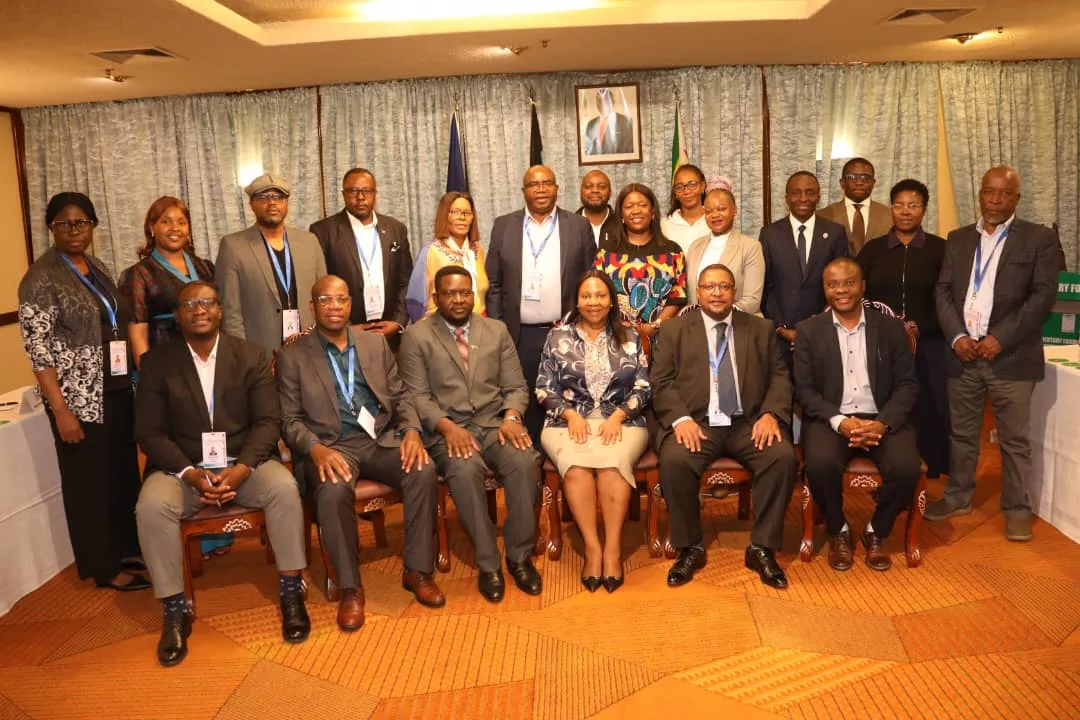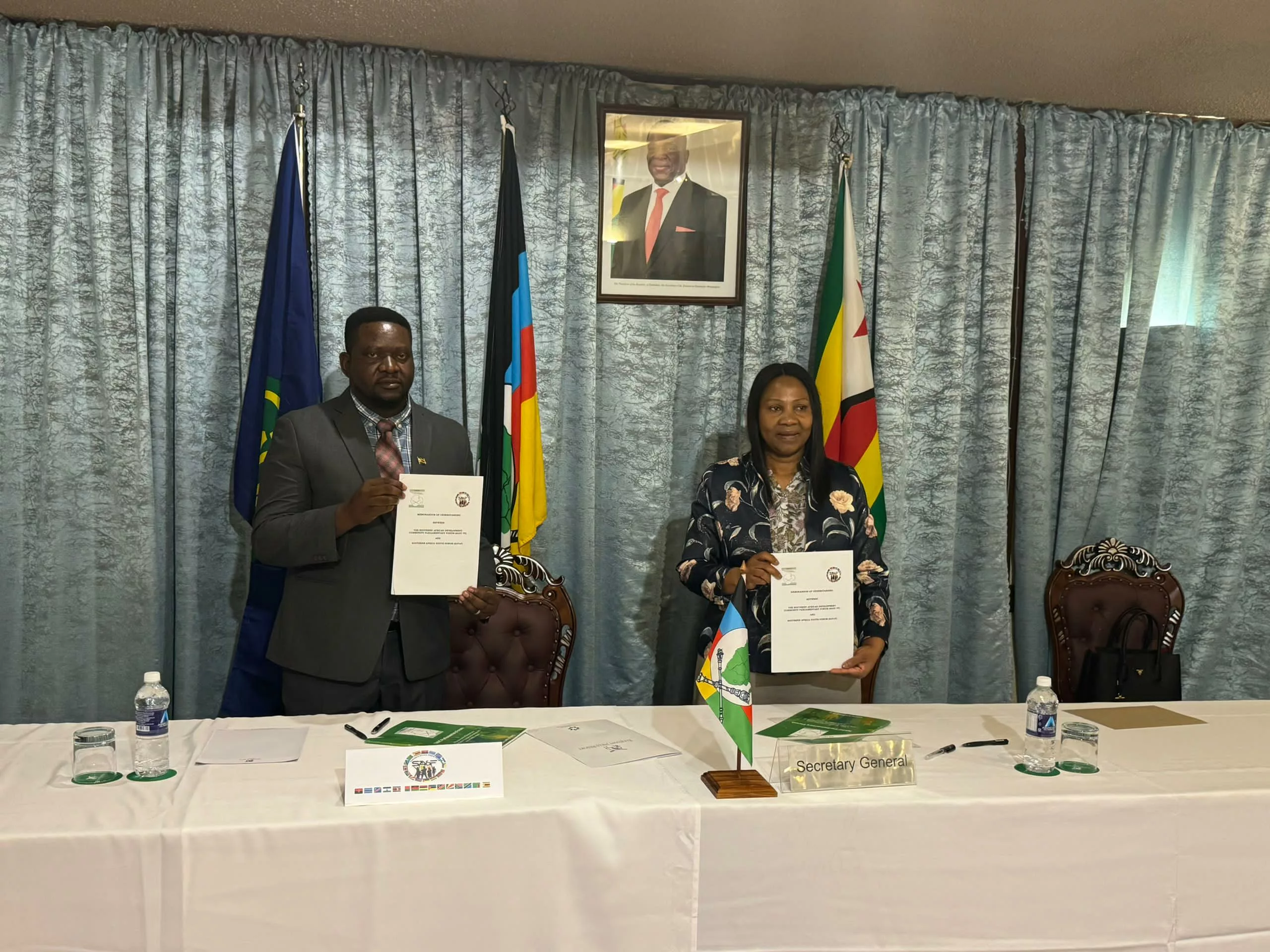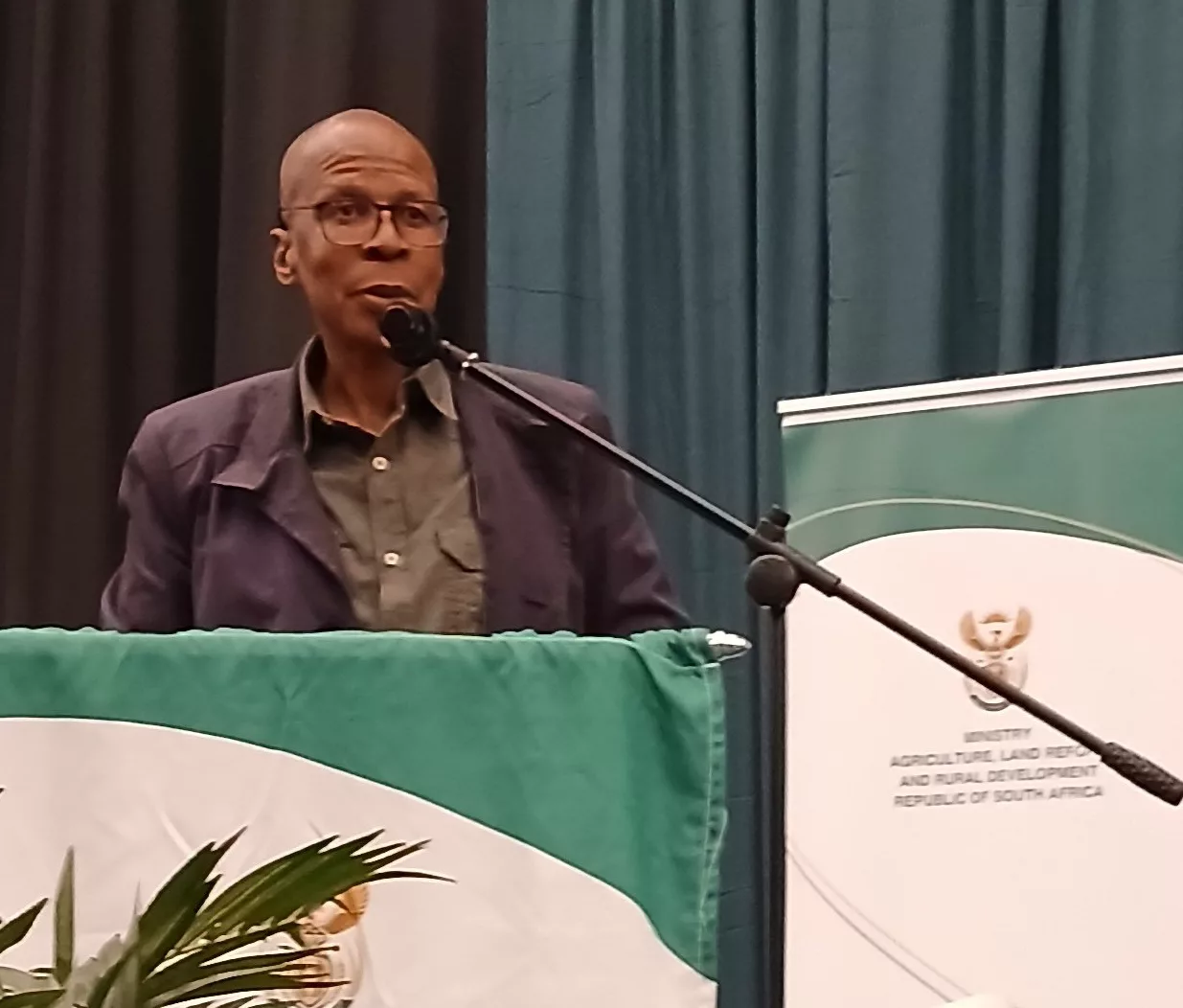By Byron Mutingwende
The new National Gender Policy that is aligned to the 2013 Constitution lays a firm foundation for pursuing gender equality and equity in Zimbabwe, stakeholders have said.
In his remarks during the launch in Harare on Thursday 6 July 2017, Georges van Montfort, the United Nations Development Programme (UNDP) Country Director for Zimbabwe said the policy dovetails with the implementation of Agenda 2030 on Sustainable Development Goals that recognises gender equality as a fundamental right and a driver of progress across all the development goals.
“The Policy is in line with the African Union Agenda 2063 which aims to achieve “full gender equality in all spheres of life” through removing all forms of gender discrimination in the social, cultural, economic, and political spheres. The policy facilitates the domestication of the revised SADC Gender and Development Protocol, which Zimbabwe has recently signed. It is pleasing to note the Zimbabwe United Nations Development Assistance Framework (or ZUNDAF), is already aligned to the Gender Policy,” Montfort said.
He said the promotion of gender equality and the empowerment of women was central to the mandate of all UN Agencies and, under the coordination of UN Women, the work was intrinsic to the global body’s development approach.
The UN efforts include advocating for women and girls’ equal rights, combating discriminatory practices and challenging the roles and stereotypes that affect inequalities and exclusion.
It was revealed that the SDGs identify gender equality, centred in human rights, as a development goal on its own and as vital to accelerating sustainable development.
“The Zimbabwe Gender Policy is anchored on this very principle as it recognises gender equality as the cornerstone for achieving equitable and sustainable economic and social development. We have been pursuing this goal through an excellent collaboration with the Ministry of Women Affairs, Gender and Community Development,” Montfort added.
There is a thematic area on the gender dimensions of people living with disability, an area that requires all stakeholder collaboration and commitment, in line with the core SDG principle of leaving no one behind and with the UN Convention on the Rights of Persons with Disabilities.
Nyasha Chikwinya, the Minister of Women Affairs, Gender and Community Development, said that the improving the status of women has been a government priority. This is reflected in the new gender-sensitive constitution. The aim is to achieve a gender-just society where women and men enjoy equality and equity across the country.
“The government is committed to preventing and addressing any discrimination based on gender basis. The new policy sets out priorities, builds coherence and facilitate resource mobilisation. The revised National Gender Policy also seeks to address the shortcomings of the 2004 National Gender Policy and the emerging issues prevailing under the changing political, economic and social contexts at local, regional and global levels,” Chikwinya said.
At the national level these include Constitutional provisions that are explicit on gender equality; the Zimbabwe Agenda for Sustainable Socio-Economic Transformation which commits to advancing equal participation in productive sectors; the indigenisation drive which motivated the development and implementation of the Indigenisation and Empowerment Policy; the 2011 Broad Based Women’s Economic Empowerment Framework (BBWEEF), a mechanism for women’s economic empowerment applicable across all sectors and levels of society; and the Land Reform programme implemented over the past 10 years, whose realised and potential gains will be meaningfully consolidated under new gender policy provisions. Other changes that further increase gender disparities include technology advancements and climate change.
To ensure successful policy implementation, Delphine Serumaga the UN Women Country Representative, in a speech read on her behalf by Caroline Nyamayemombe (the UN Women Deputy Country Representative) called for accountability, resource mobilisation and shared responsibility on the part of stakeholders involved in gender equality and equity, adding that there is needed to track and measure progress in implementing the National Gender Policy.
The Chairperson of the Zimbabwe Gender Commission, Margret Sangarwe said her organisation was committed to raising public awareness about the policy.
“We will leave no stone unturned to ensure that the issues raised in the revised national gender policy are implemented by all relevant govt ministries, parastatals and departments,” Sangarwe said.
Pamela Mhlanga, the Chairperson of the Women’s Coalition in Zimbabwe, underscored the fact that the centrepiece of the policy was on the diversity of women in the country. She commended the special attention paid to women with disabilities, saying that the policy needs to respond to this diversity across the country.
The gender policy addresses critical issues which include among others, governance; education and training; productive resources and employment; gender based violence; HIV and AIDS; media, information and communication technology; climate change and disability.
Montfort made reference to a key finding in the 2016 UNDP Africa Human Development Report which notes that sub-Saharan Africa loses around $95 billion per year – or roughly 5% of the combined GDP – due to gender inequality, impeding the continent’s efforts for economic growth. He reiterated that the implementation of the National Gender Policy would contribute to meeting the aspirations of Zimbabwe’s women and men as enshrined in the Constitution.






